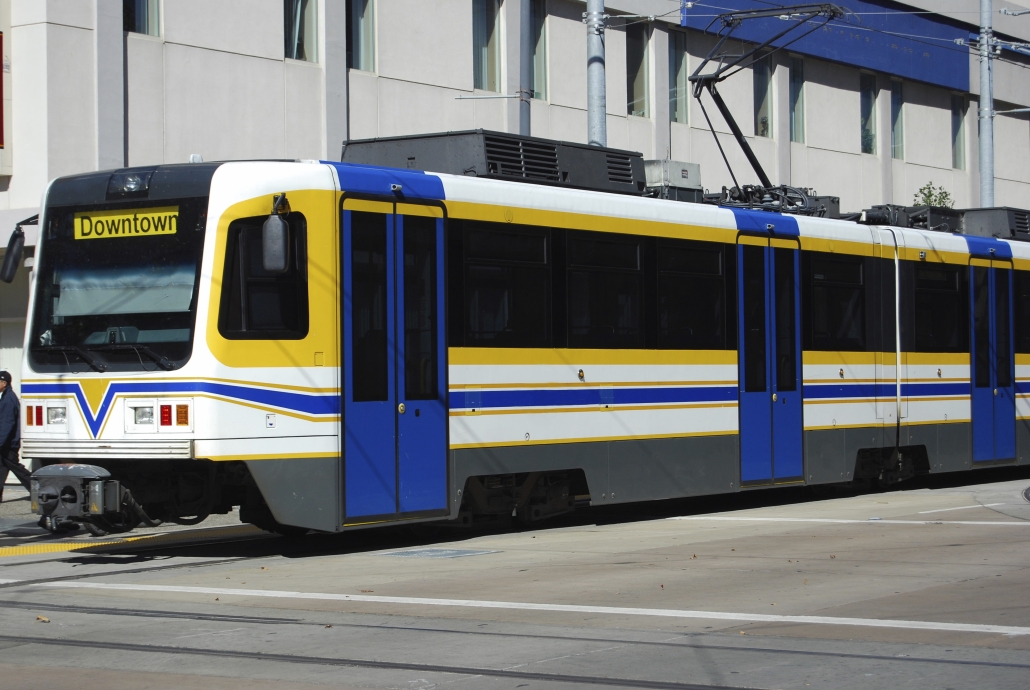
 This webinar offers one AICP Certification Maintenance credit. Click here for instructions on how to submit this event for credits.
This webinar offers one AICP Certification Maintenance credit. Click here for instructions on how to submit this event for credits.
Several states now permit personal delivery devices (PDDs) to operate and deliver goods on sidewalks and in bike lanes, which sets up interactions between PDDs and people walking and biking. Different challenges are introduced by the various physical forms and travel behaviors and patterns between types of PDDs and their intended use. The success of PDDs will also depend on regulatory decisions, public trust, and the effectiveness of the technology. This webinar discusses the physical and operational characteristics of PDDs, provides an overview of rapidly evolving state policies, and introduces new challenges and research areas linked to their deployment.
Speakers:
Michael Clamann, Ph.D., CHFP, Senior Human Factors Engineer, UNC Highway Safety Research Center
Katie Donahue, Policy Analyst, Eno Center for Transportation
Read the Full Report from the Pedestrian and Bicycle Information Center
Download the Slides
Watch the Recording:
 Michael Clamann, Ph.D., C.H.F.P. is the Senior Human Factors Engineer at the University of North Carolina Highway Safety Research Center. His research expertise includes human-automation interaction and autonomous vehicle technology. He has worked in industry and academia for more than 18 years studying how people can effectively team with highly automated and autonomous systems in a variety of domains including transportation, aerospace, defense and telecommunications. Michael is a Science Policy Fellow with the Human Factors and Ergonomics Society (HFES) and represents HSRC as a member of the North Carolina Department of Transportation’s Fully Autonomous Vehicle Committee. He received a Ph.D. in Industrial and Systems Engineering and a M.S. in Experimental Psychology from North Carolina State University, and he is a Certified Human Factors Professional (CHFP).
Michael Clamann, Ph.D., C.H.F.P. is the Senior Human Factors Engineer at the University of North Carolina Highway Safety Research Center. His research expertise includes human-automation interaction and autonomous vehicle technology. He has worked in industry and academia for more than 18 years studying how people can effectively team with highly automated and autonomous systems in a variety of domains including transportation, aerospace, defense and telecommunications. Michael is a Science Policy Fellow with the Human Factors and Ergonomics Society (HFES) and represents HSRC as a member of the North Carolina Department of Transportation’s Fully Autonomous Vehicle Committee. He received a Ph.D. in Industrial and Systems Engineering and a M.S. in Experimental Psychology from North Carolina State University, and he is a Certified Human Factors Professional (CHFP).





